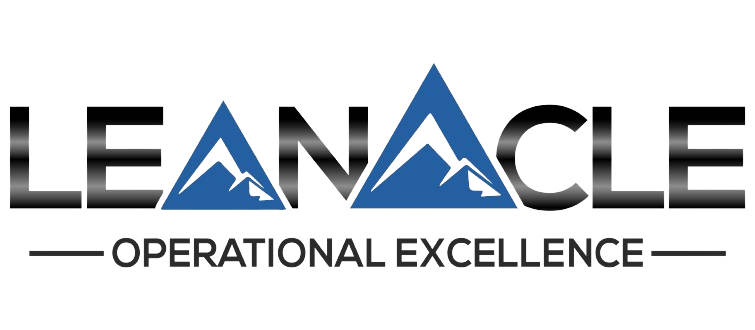I’m a bit of a weather enthusiast—if that’s the right word. At the start of each week, I check the forecast and set aside clothes for my two children based on the expected weather. But when exceptional conditions arise, like winter storms or heat waves, I check the weather daily to stay updated and make adjustments as needed. This simple example captures the essence of Management by Exception. The importance of this principle can’t be emphasized enough when running a business.
In a typical manufacturing environment, time is a limited resource. Managers and employees are constantly juggling multiple tasks, and if they aren’t careful, they can easily find themselves busy—but not necessarily productive. This is where management by exception comes in.
The Pareto Principle: Identifying the 20% That Matters
Vilfredo Pareto’s famous 80/20 rule states that 80% of outcomes come from just 20% of causes. In manufacturing, this means that 80% of your production delays, quality issues, and efficiency losses likely stem from a small handful of root causes. Yet, many teams spend their time fighting fires across the board instead of strategically tackling the highest-impact issues.
Management by exception means allocating resources and attention only to the most critical deviations from the standard—the exceptions—while allowing routine processes to run smoothly without unnecessary interference. The key question every team should ask is: Are we working on the most impactful activity today?
The Morning Huddle: A Tool for Exception Management
One of the most effective ways to apply management by exception is through a structured morning meeting. Instead of waiting for problems to escalate, the morning huddle creates a daily feedback loop where employees and managers:
- Align with company goals – ensuring everyone is working toward the same priorities.
- Verify impact – checking if yesterday’s work moved the needle in the right direction.
- Course correct early – catching and addressing deviations before they spiral out of control.
It’s a simple but powerful concept: a 15-minute check-in can prevent months of wasted effort on low-priority tasks.
A Real-World Example of communication gap
I once worked for a Tier 1 automotive supplier, and a couple of weeks before Christmas, I received an unexpected meeting invite. The title? Annual Performance Review.
Now, here’s the problem—I had been with the company for over nine months, and despite repeatedly asking, I had never been given clear performance goals. I had no idea what my boss or the company expected from me.
Determined to make the most of it, I prepared a detailed list of my accomplishments. But when the meeting began, my boss spent 25 out of the 30 minutes giving me a generic lecture on company expectations. There was no mention of my contributions, no specific feedback—just broad, impersonal statements.
At the very end, he casually said, “Your performance is satisfactory. You get a ‘B’. Any questions?”
I remember sitting there, completely stunned, thinking, Where do I even start? With only three minutes left, I simply nodded and left.
Now, ask yourself—was this exchange productive? Did it benefit me as an employee? Did it benefit the company?
Absolutely not. My boss had no idea what I had worked on, and I had no clarity on what the company wanted from me. This is a perfect example of what happens when feedback cycles are too long and disconnected from daily work.
The Transformative Power of Daily Huddles
Now, imagine a different scenario. Instead of waiting for an annual review, every employee and manager engages in a quick, structured huddle each day. Each level of management ensures that:
• Employees know what is expected of them.
• Managers understand what employees are working on.
• Everyone is aligned, all the way up to the president of the company.
This kind of transparency and alignment would eliminate surprises, drive continuous improvement, and ensure that every minute of work contributes to the company’s goals.
Why the Morning Huddle is the Cornerstone of Daily Management?
A daily huddle isn’t just another meeting—it’s the foundation of an efficient and focused organization. It prevents wasted effort, ensures employees feel valued and heard, and enables companies to operate with agility.
At its core, management by exception is about making sure we spend time on what actually matters. And the best way to do that? Start each day with a clear, purpose-driven huddle.
